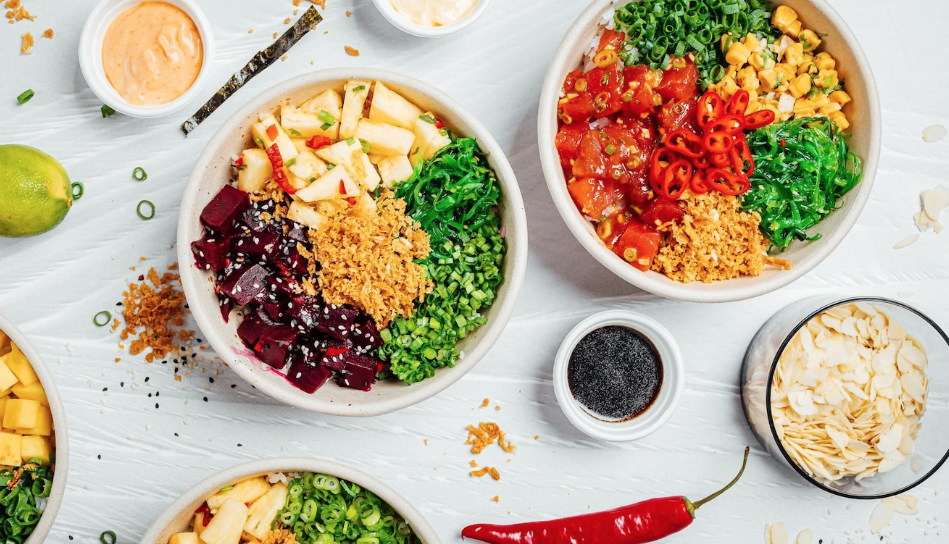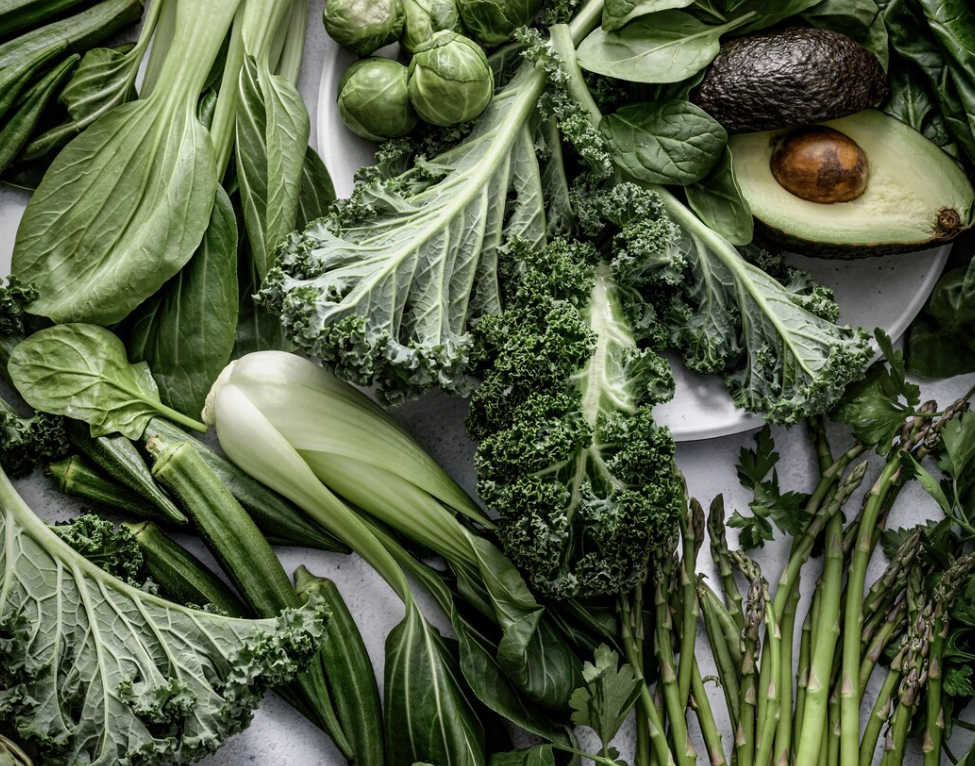Leafy greens
Know your greens!
The leafy adjective refers to kale, spinach, cabbage, collard greens, dandelion, turnip, microgreens, arugula, watercress, all types of lettuce, endive, and others.
One of the biggest obstacles in increasing their consumption rate must be that they are either worshiped as prophets or hated like war enemies.
Leave the bias aside and make peace with the undoubted benefits of at least two servings (approx. a cup) of leafy greens per day.
They are:
Packed with fiber, vitamins, and minerals
Accessible and versatile
Can be added to every meal for more volume
Leafy greens can combine their neutral taste with numerous herbs, spices, or healthy dressings
Can be thermally processed or frozen without losing their phytochemical properties
In traditional herbal medicine use for centuries
Leafy greens contain antioxidants: the best allies in the fight against modern-day and stress-induced illnesses
Stop instinctively associating leafy greens with strict diet regimens, millennial trends, and eating disorders, and give yourself a chance to develop a long-lasting habit of incorporating them into your daily eating plan.
Top HolisticLiving suggestions:
1. Find your balance!
Even the most nutrient-dense meal can be perfectly balanced with a side of leafy green salad.
2. Spice it up!
No one, including evolution itself, thinks you should feel satiated and pleased with a large bowl of plain leaves. Instead, use them to add some volume to your salad or to make your morning smoothie a bit richer. They are the perfect companions of different oils, nuts & seeds, spices, and herbs.
3. Track your progress
Use Holistic Living App and track your progress.
In Numbers
High volume- low calories: 100g of lettuce has around 20kcal
Leafy greens have an astonishing average of 550mg of potassium per 100g
Microgreens can be grown 12 months a year
Food statistics
The U.S. Department of Agriculture estimates that 54.4 million Americans live in low-income areas with poor access to healthy food.
*Content and products on Holistic Living are not intended to diagnose, treat, cure or prevent any disease.



